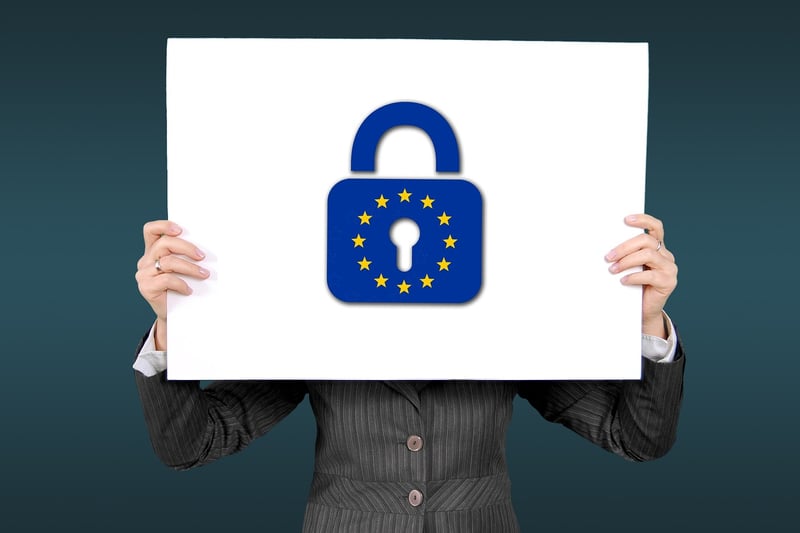Compliance Guidelines
Understanding Legal Essentials and Compliance Guidelines
When it comes to running a business, understanding legal essentials and compliance guidelines is crucial to ensure smooth operations and avoid costly penalties. Whether you are a small startup or a large corporation, adhering to laws and regulations is a non-negotiable aspect of business.
Legal Essentials
Legal essentials are the fundamental laws and regulations that businesses need to comply with to operate legally. These may include:
- Business licensing requirements
- Employment laws
- Tax regulations
- Intellectual property rights
- Contract laws
- Consumer protection laws
Ensuring compliance with these legal essentials not only protects your business from legal trouble but also builds trust with customers and stakeholders.
Compliance Guidelines
Compliance guidelines are specific rules and regulations set by governing bodies or industry standards that businesses must follow. These guidelines may vary depending on the industry, location, and size of the business. Common compliance areas include:
- Data protection and privacy regulations
- Health and safety standards
- Environmental regulations
- Anti-discrimination laws
- Financial reporting requirements
Non-compliance with these guidelines can lead to fines, lawsuits, and reputational damage.
Importance of Legal Compliance
Legal compliance is essential for several reasons:
- Protects your business from legal risks
- Builds trust with customers and partners
- Avoids costly fines and penalties
- Maintains a positive reputation
- Ensures ethical business practices
Conclusion
Understanding legal essentials and compliance guidelines is critical for the success and sustainability of any business. By staying informed, implementing robust compliance programs, and seeking legal advice when needed, businesses can navigate the complex legal landscape and thrive in the long run.

